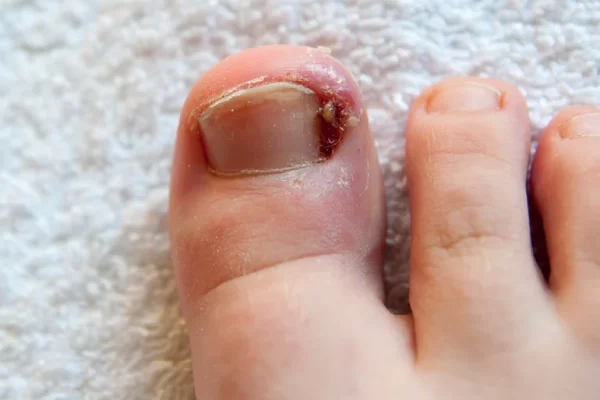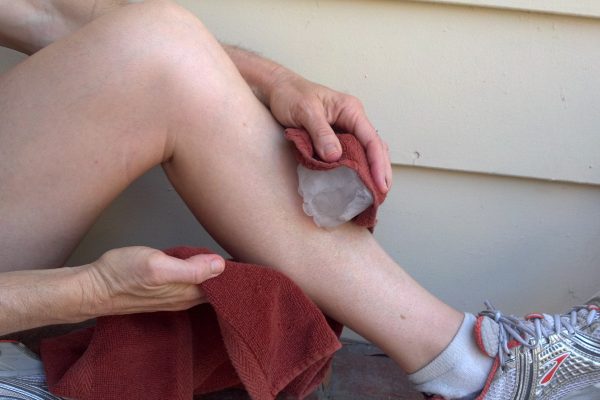Playing sports is one of the best ways to stay in shape, connect with other people, and tap into your competitive drive. But if you’re not careful, it’s also an easy way to injure yourself.
How should you handle a sports injury? And how can you prevent being injured in the future?
Immediate Steps to Take
These are some of the most important immediate steps to take:
- Get to safety. Get to safety as soon as possible. If the field is still full of active players, try to remove yourself from the action so you don’t suffer any further injuries.
- Make an assessment. If there is a team doctor or a medical professional available, have them examine you to determine the extent of the damage. Otherwise, use your best judgment to determine whether this injury requires emergency medical treatment.
- Get immediate care. For most sports injuries, your best option is going to an urgent care facility. Urgent care is a middle ground between primary care physician appointments and emergency room care, addressing your injury with urgency without being as resource intensive as a hospital visit.
Follow-Up Care
In the days and weeks following your accident, do the following:
- Go to your appointments. After initial examination and treatment, you may be recommended to attend several follow-up appointments. Make sure you attend these appointments to ensure your injury heals properly.
- Follow your doctor’s advice. Listen to your doctor. Take notes during your appointments and follow their advice as closely as possible.
- Stay mobile (within reason). RICE used to be the most commonly prescribed treatment acronym for acute sports injuries; athletes were cautioned to Rest, Ice, Compress, and Elevate as a way to recover from injury. These days, most physical therapists instead recommend MEAT: movement, exercise, analgesics, and treatment. While immediate rest is often vital for your recovery, in the days and weeks following your injury, it’s important to stay mobile. As long as you’re following the parameters of the medical advice you were given, try to stay active and keep blood flow circulating to your affected body part.
Psychological Recovery
You’re probably most focused on your physical recovery, but don’t neglect your psychological recovery. Suffering a debilitating sports injury can be psychologically devastating, especially if you were invested in the competition.
- Focus on goals and milestones. Keep your spirits up by focusing on goals and milestones. What are the stages of healing that you expect? When can you hope to see them develop?
- Find alternative ways to exercise. You can stay in shape and keep getting the euphoria of a good workout – but you may need to make some compromises. If you injure your legs, work out your arms. If you injure your arms, work out your legs. There’s almost always some kind of option for physical exercise.
- Talk to friends and family members. Lean on your friends, family members, and teammates for psychological support. Don’t be shy about accepting help and talking to people about what you’re going through. They’re here for you.
Sports Injury Prevention
Ideally, you’ll be able to avoid most sports injuries entirely. These are some of the best strategies for preventing sports injuries in the future:
- Wear protective equipment. Arguably the most important step to take is to wear protective equipment, especially if you’re playing a sport with high propensity for contact. Even simple forms of equipment like helmets, mouth guards, or knee pads can help you prevent the majority of possible physical injuries.
- Warm up and cool down. Warming up and cooling down are excellent strategies for injury prevention. These processes allow your muscles to become warm and limber, making them better capable of athletic feats and reducing the chances of a strain or tear.
- Know your limitations. Too often, people suffer from sports injuries simply because they don’t understand their own limitations. It’s admirable to push yourself beyond your previous limits, and in the middle of a hot competition, it’s only natural to want to do your best. But you still need to understand the inherent limitations of your body and avoid going too far beyond them.
- Pay attention to your body. Always listen to your body, both in training and on the field. If you feel sore, don’t push yourself. If you’re starting to experience pain, don’t keep pushing blindly. It’s usually better to take a break and come back later – rather than pushing yourself all the way to a serious injury.
No matter how careful you are, some sports injuries are simply unpreventable. It’s a risk you take by participating in these fun and exciting events. What’s important is that you know how to respond to an injury once you get one, and that you’re committed to making the smoothest possible recovery.





